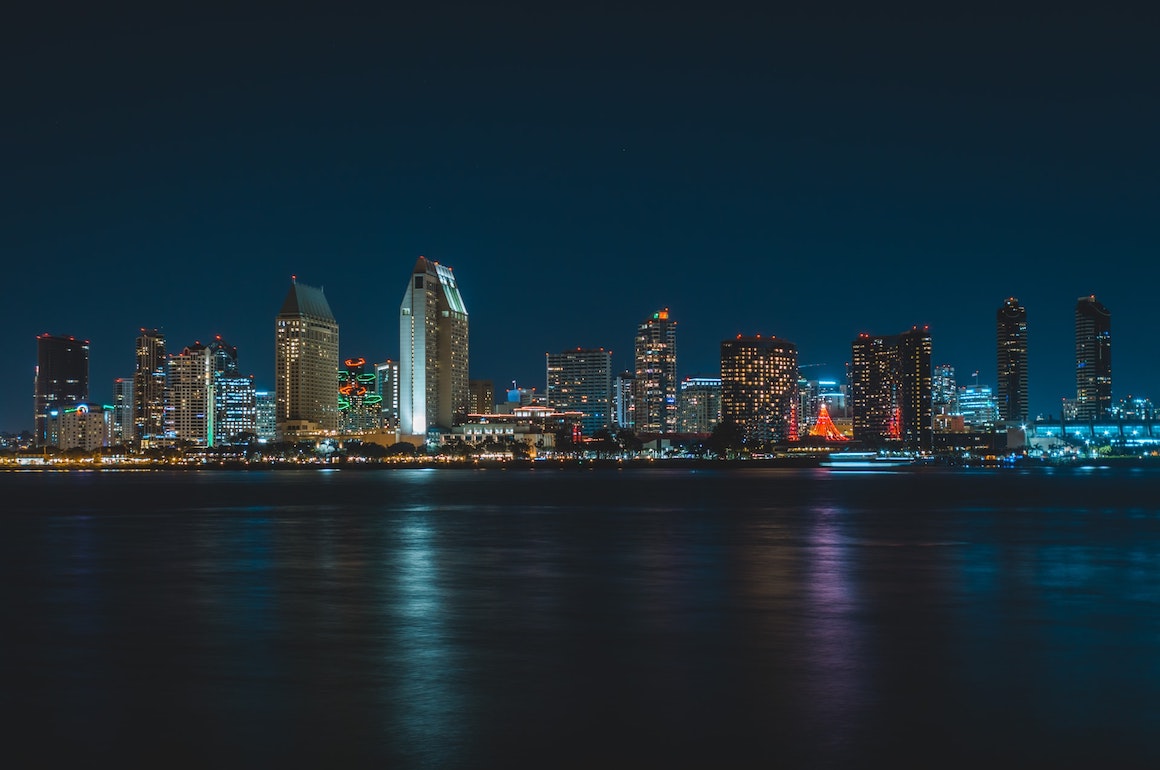Skift Take
Face-to-face gatherings are returning but the risk of last-minute cancellations remains a top concern of event planners.
Event cancellation remains a worry. Nearly three-quarters of planners cite this as a top concern, according to a survey from “Winning Strategies in Destination Marketing,” a study by Development Counsellors International (DCI).
Are more attractive destinations used for events to drive attendance and avoid cancellations? The answer is yes, but that doesn’t automatically mean fun and sun destinations. Planners responding to the DCI study ranked London, Singapore, Cancun, and Puerto Rico as desirable worldwide meeting destinations. Warmer destinations like Florida and Texas ranked among their least favorable sites for meetings.
That’s backed up by the International Congress and Convention Association’s (ICCA) 2021 report, “Partnering for Success,” which provided regional statistics on the number of global association meetings. ICCA statistics show that four of the five top destinations for association events are cold-weather destinations (Montreal, Toronto, Vancouver, and New York), and only one is a warm-weather site (Mexico City).
It appears that, at the moment, safety is the driving factor in determining the desirability of destinations. Among respondents to the DCI study, 97 percent said that a destination’s response to COVID-19 most affects their perception of the suitability of a site to have their event.
Destinations focused on health and safety will attract more business. Higher vaccination rates and mask mandates are also enticing planners. Concurrently, places where government restrictions make it complicated for planners to implement mandates or security protocols, will not attract much business. Planners are assuming more responsibility for the safety of their participants, and local laws should not prohibit them from doing so.
“We’re actually seeing a great divide between some countries where things are almost back to normal,” Wouter Geerts, Ph.D., director of research, Skift, told attendees at Skift Forum Europe 2022. “In other countries where recovery has only just started, there’s no economic growth.”
According to the DCI study, as far as sun and fun go, only 10 percent of corporate planners and eight percent of association planners are looking for destinations that offer the wow factor.
Medical experts support that decision saying that meeting in warmer destinations doesn’t provide people any advantage when it comes to avoiding the COVID-19 virus. Research from the University of Texas finds that air temperature and humidity do not affect how the coronavirus spreads.
“Weather has a minimal effect on how fast or slow the virus spreads. Mobility has more impact,” said Dev Niyogi, Ph.D., a professor at the University of Texas Jackson School of Geosciences and Cockrell School of Engineering, who led the research.
Human behavior, researchers said, remains the most significant factor in the spread of COVID-19. When it’s warm out, people spend more time outside, where disease transmission is limited.
“So the temperature is not the key factor, It’s what the temperature makes people do,” Dr. Aaron Glatt, chair of the department of medicine at Mount Sinai South Nassau Hospital in New York and the hospital’s lead epidemiologist and infectious diseases chief, said. “When people are indoors, they have a higher risk of infection. But that’s the way it is with any respiratory illness, not just COVID.”
On the upside, attendees seem ready to get back to face-to-face events and are willing to pay to have fun. When it comes to concerts and other forms of live entertainment, the average ticket price in the U.S. has jumped 10% from 2019, according to Pollstar, a trade publication for the concert and live music industry.
This isn’t surprising to Geerts from Skift. “There’s a pent-up demand for travel and all forms of entertainment,” he said. “For two years, people weren’t allowed to travel, dine out, or spend money on other leisure activities. According to the International Monetary Fund, people in Europe saved an additional one trillion euros during that time. Even if you take 10 percent of that amount and add it to the pre-pandemic levels of spending on travel, you would add an extra 20 percent to everybody’s travel budget. So that’s a huge opportunity.”
Geerts thinks much of that money could find its way into the travel budgets of meeting and event attendees who want to extend or upgrade their business trips. According to Geerts, people have gotten used to working remotely during the pandemic, which makes extending business trips easier. “People have more flexibility in their work which gives them greater flexibility when and where they travel. This is obviously a great opportunity for business travel,” he said. “For a lot of (attendees), the really short business trip might become a thing of the past.”





